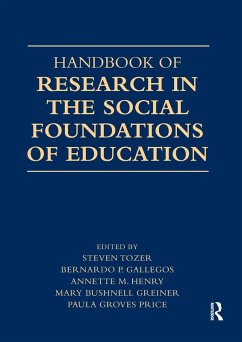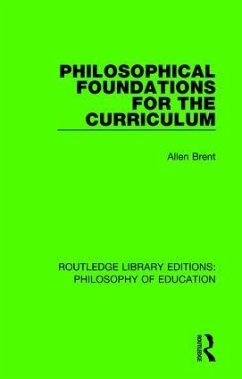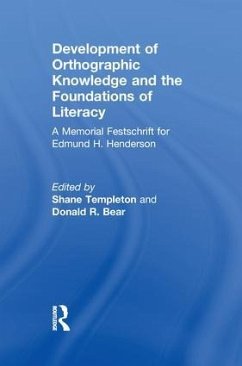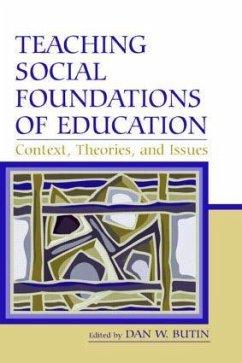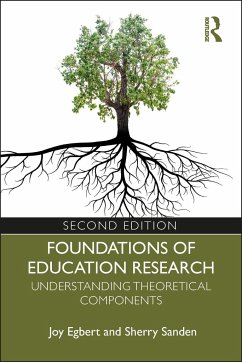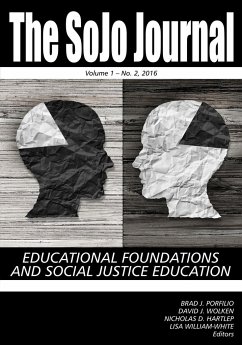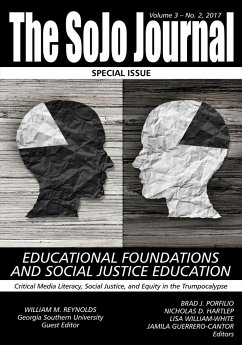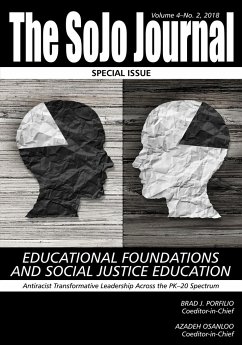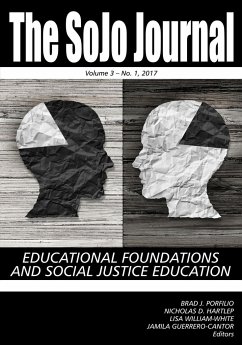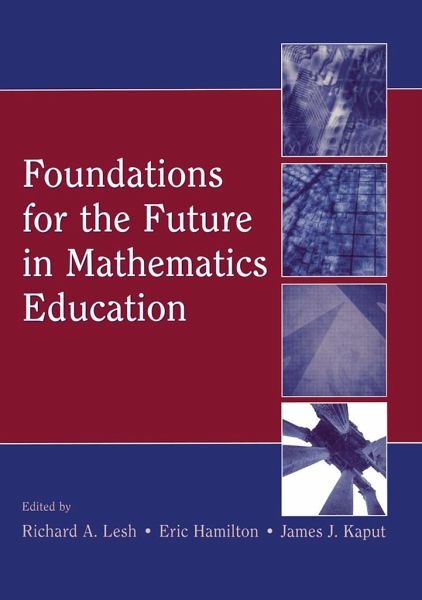
Foundations for the Future in Mathematics Education
Versandkostenfrei!
Versandfertig in 1-2 Wochen
77,99 €
inkl. MwSt.
Weitere Ausgaben:

PAYBACK Punkte
39 °P sammeln!
The central question addressed in "Foundations for the Future in Mathematics Education" is this: What kind of understandings and abilities should be emphasized to decrease mismatches between the narrow band of mathematical understandings and abiliti





